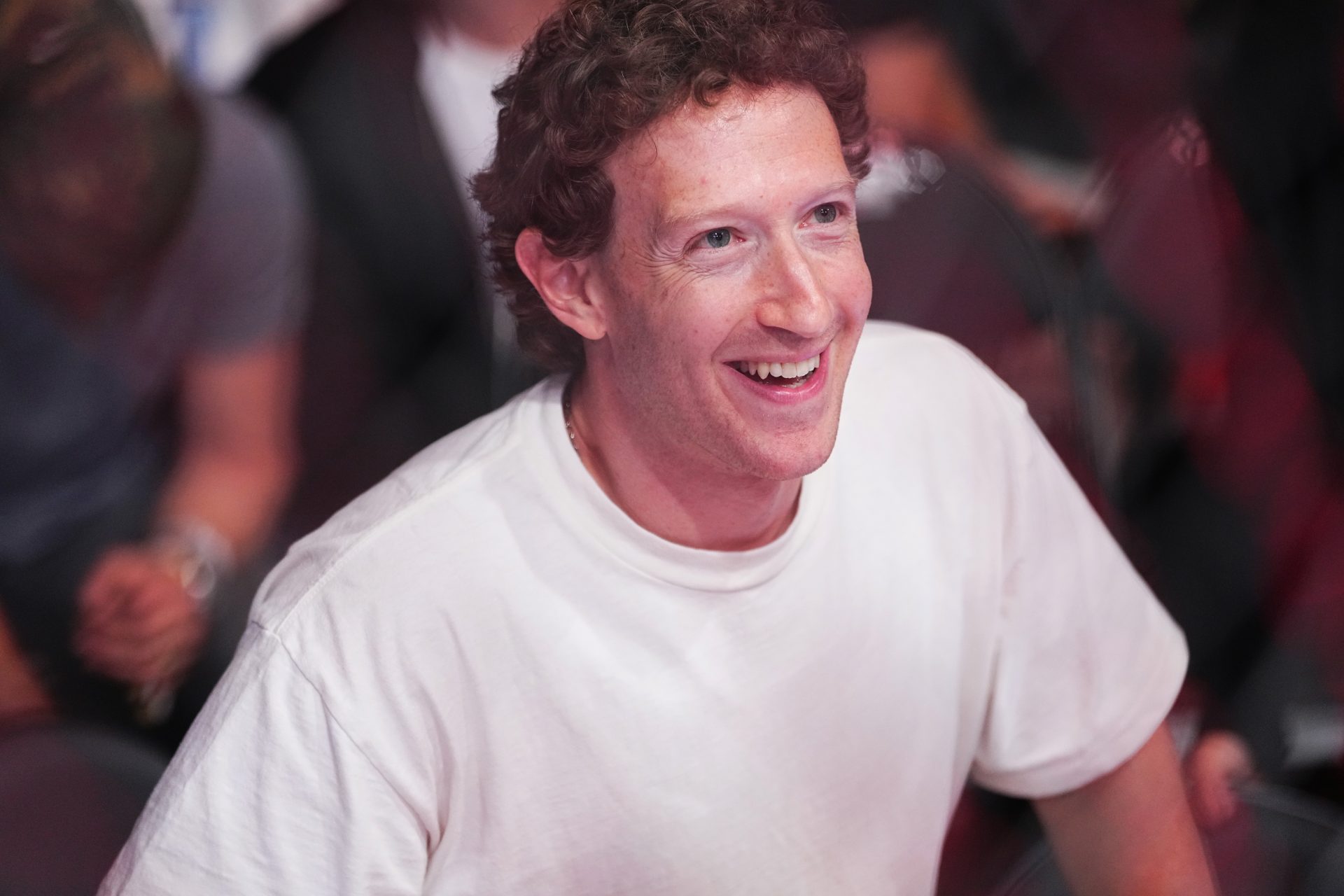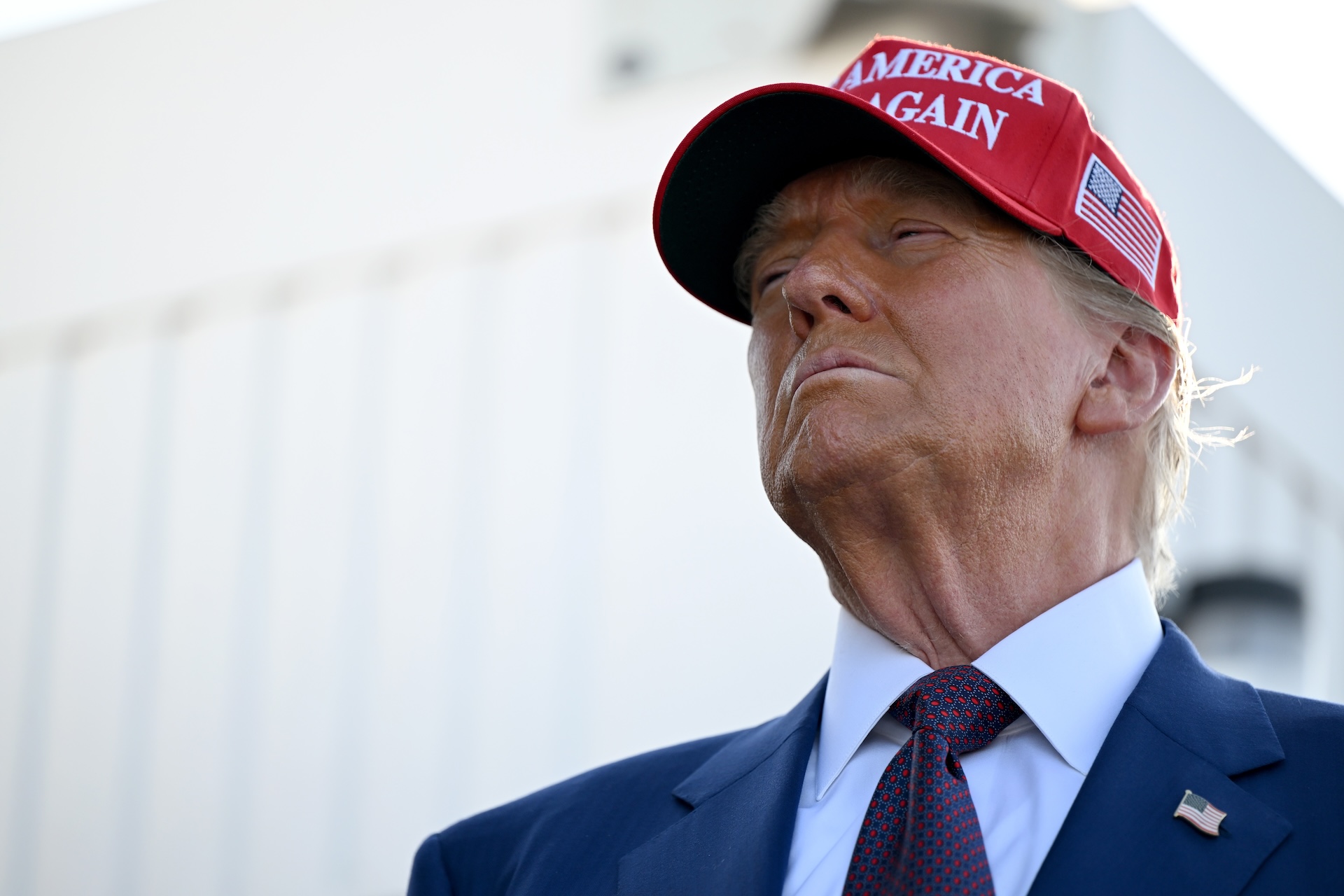Shein - the Chinese fast fashion company that is conquering the world
Shein may only sell on the Internet but, from time to time, the company opens up pop-up store and the event brings together enthusiastic masses.
This fast fashion brand from China is conquering the entire planet, seducing consumers with dirt cheap prices.
Shein, founded in 2008, has managed to increase its value to 100,000 billion dollars in 2022, according to The Wall Street Journal.
It is the top fashion App in the IG Mobile ranking published by Forbes in 2022. According to this ranking, Shein has a 50.3% market share, far behind Vinted (in second place with 37.9%) and H&M (in third place with 14.9%).
In Vogue Business they have dedicated more than one article to this brand, highlighting the 16,000 billion dollars generated in sales during 2021, which they describe as "a spectacular performance that eclipsed the established players for a long time".
This giant was born in the Chinese city of Nanjing (in the image) and immediately built its large production center in Guangzhou. The company uses a system it calls "real-time retailing."
Shein's success is based on very low prices and its speed in chasing trends through algorithms that track Tik Tok, Instagram, Amazon, etc.
In Spain, where Zara was born, the press is clear that Shein is a threat to the unbeatable giant founded by businessman Amancio Ortega. The newspaper El País assured in an article that Shine "invading Zara's territory." And added an important fact about the technical efficiency of Shine.
Image: Highlight ID / Unsplash
Mark Greeven, professor of Innovation at the IMB business school in Lausanne, explained to El País: “Shein's algorithm is capable of predicting trends in dozens of markets in real time. Prototypes of thousands of garments appear daily on its platform and, based on monitoring user behavior, it is able to predict demand and the number of items that will actually be needed in the inventory.”
Thanks to the data it collects, Shein is able to launch and produce more designs that fascinate young audiences.
Shein even has celebrities and social media influencer clothes who promote their clothes. For Katy Perry to Rita Oro, even the big stars are helping to promote this low cost fashion brand.
Little is known about the insides of Shein, how exactly the company works or the fine print of its history. Some articles claim that it started as an online store for wedding dresses.
The brand is hugely successful with the younger crowd and some trend publications have already awarded it top label status. Harper's Bazaar headlined, referring to the firm's MOFT's collection, "How SHEIN is Reimagining Affordable Luxury With A Regional Twist." And, meanwhile, the Shein parties (like the one in the image, in Mexico) do not stop.
Of course, there is also the controversy over alleged copying of designs by Shein. In an article in the British magazine Dazed, specialized in fashion and trends, they spoke of "daylight theft" and mentioned plagiarism lawsuits against Shein from firms such as Levi's, Dr. Martens or Ralph Lauren.
The inspiration (or reinterpretation) of designs made by large firms is something very common in low-price fashion, but Dazed mentions how small independent designers have also accused Shein of copying them.
There are environmentalism critiques, which is directed not only against Shein but against the fashion industry in general. The same as the recurring criticism of the treatment that the subcontractors of the large cheap clothing firms give their workers.
The problem is almost always that the fashion industry works with a globalized subcontracting model in which, in the end, there is no efficient control of working conditions. According to the BBC, an investigation revealed that some factories supplying Shein worked up to 75 hours a week.
These controversies are not unique to Shein. Other brands have gone through this and have corrected (or so they claim) abusive labor and environmental practices. In fact, in the last round of financing that Shein made one of the objectives was to invest in air capture technology to fight pollution.
In 2021, Forbes magazine wondered if Shein was ready to make the leap from pure e-commerce to the opening of permanent physical stores. Then they would be truly competing with Zara, H&M, Primark and other big brands.
Inaugurations like the one of this ephemeral establishment in Madrid give us an idea of what a Shein store would be like. But the transition to become a chain of stores is complex: it is not a minor thing to go from distribution and sales via the Internet to traditional sales. And perhaps Shein's successful algorithm will not work the same in that territory.
We will have to pay attention to the future of Shein, a Chinese company whose founder, Chris Xu was born in the United States and trained at the University of Washington. An entrepreneur who combines the American entrepreneurial mentality and the methodical Chinese way of working. Thus he created the "Shein phenomenon", which fascinates young consumers in many countries.
More for you
Top Stories

































